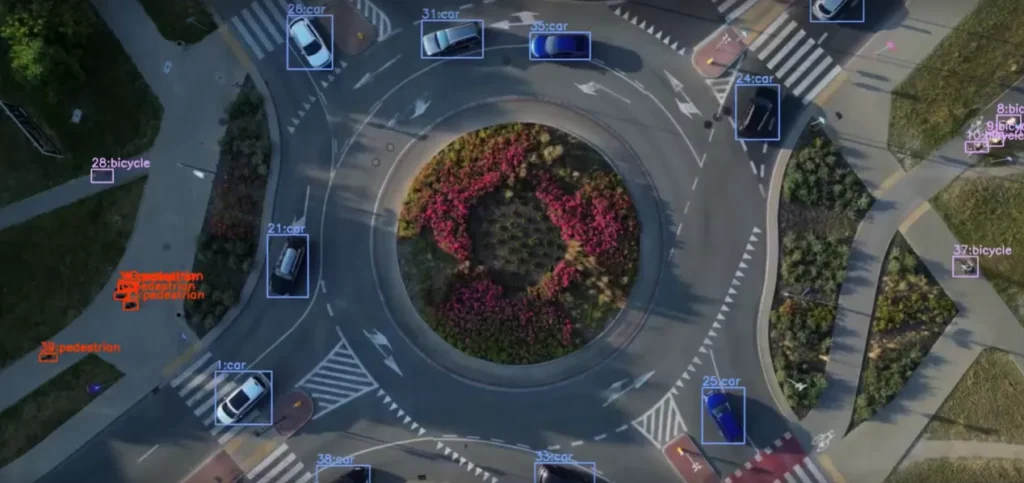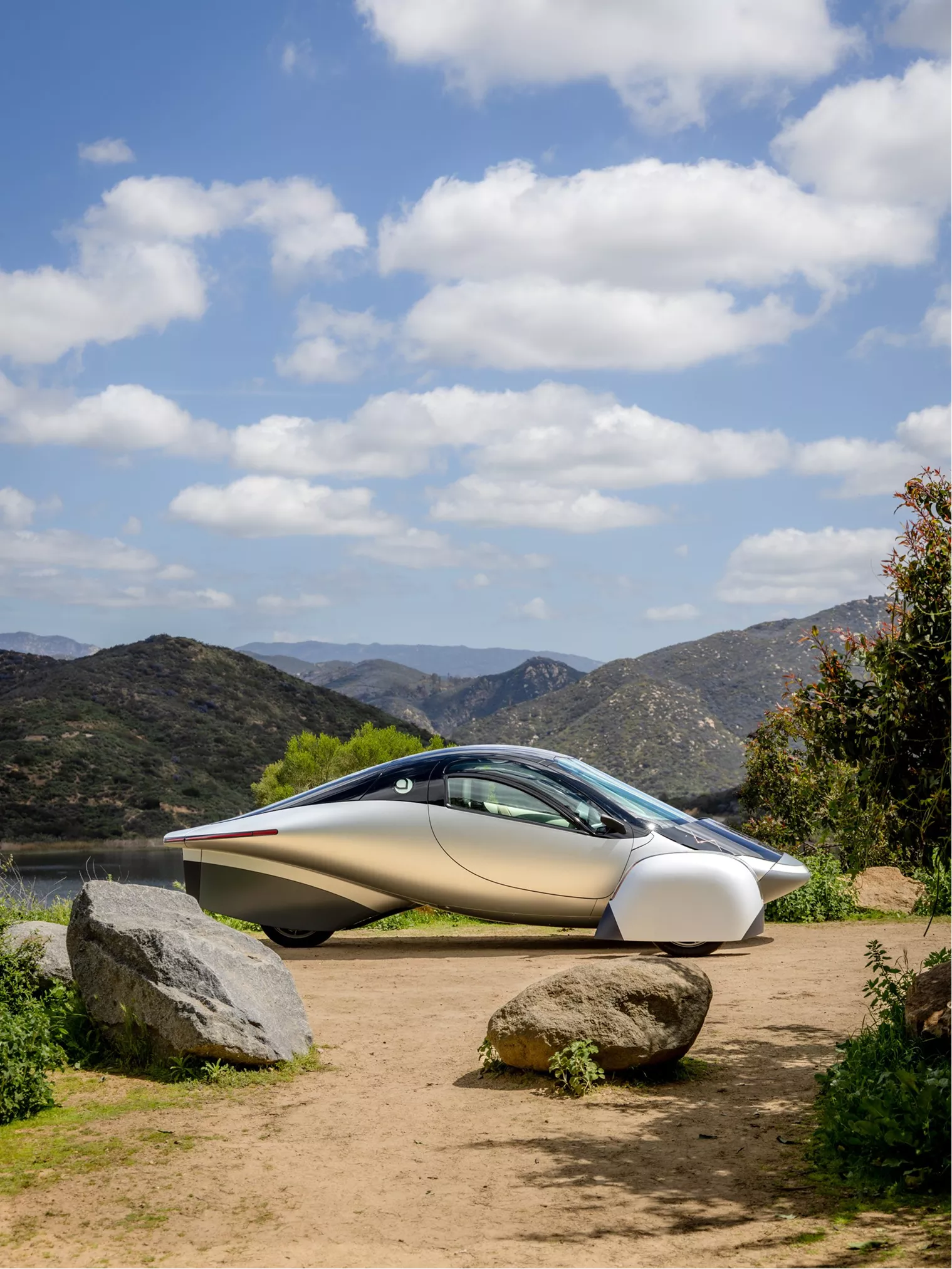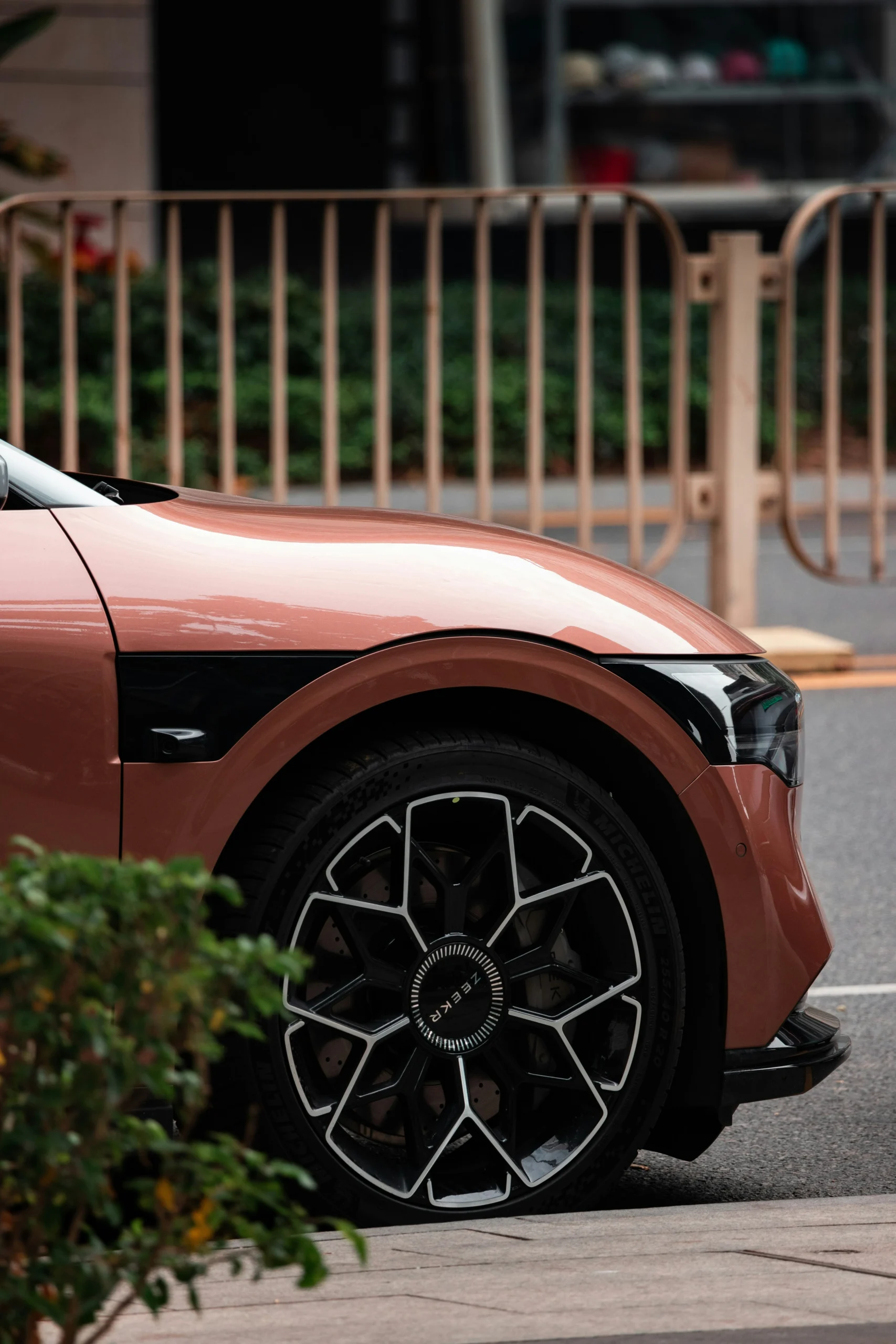






From EVs and batteries to autonomous vehicles and urban transport, we cover what actually matters. Delivered to your inbox weekly.

Two Chinese EV brands, Zeekr and Neta, have exaggerated their sales numbers by insuring vehicles before handing them over to customers—an attempt to meet aggressive growth targets in a crowded and competitive market.
The tactic allowed both brands to record sales the moment insurance was activated, not when the vehicle was actually delivered. That gave the appearance of stronger demand and faster sales turnover. But it also created a backlog of undelivered or artificially counted cars—raising questions about how many EVs have actually hit China’s roads.
This practice isn’t a one-off. Four major dealer associations in China recently voiced opposition to forced sales and accounting manipulation. Their statement signals growing industry concern over practices that inflate public sales data but add little real value.
The stakes are particularly high for Neta, whose parent company entered bankruptcy proceedings in June 2025. That context suggests the sales inflation may have been more than a pressure tactic—it may have been a survival strategy.
Here’s what this means for different parts of the EV ecosystem:
For China’s EV sector, where hundreds of brands are chasing a limited pool of buyers, the pressure to move units is pushing companies to the edge. The revelation underscores the need for clearer accounting standards and enforcement tied to actual deliveries—not insurance filings.
It also points to a likely shift in how EV success is measured in China—less about booking volume and more about sustained deliveries, user satisfaction, and capital discipline.